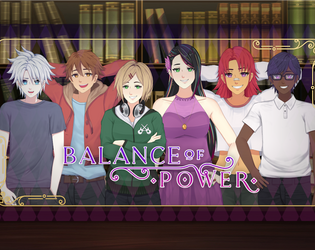
Summary
- Mick Gordon's "BFG Division" from the 2016 Doom reboot surpasses 100 million Spotify streams.
- This milestone highlights the enduring legacy of the Doom franchise and its iconic metal soundtrack.
- Mick Gordon's compositional talents extend to other FPS franchises, including Wolfenstein and Borderlands.
A monumental achievement for both the Doom franchise and its composer, Mick Gordon: "BFG Division," a heavy metal track from the 2016 Doom reboot's soundtrack, has hit 100 million streams on Spotify. This powerful track, a staple during the game's intense action sequences, underscores the enduring appeal of the game's sonic landscape.
The Doom series holds a significant place in gaming history. The original revolutionized first-person shooters in the 1990s, establishing many genre conventions. Its continued popularity stems from its fast-paced gameplay and, significantly, its distinctive heavy metal soundtrack, which has achieved iconic status in gaming and broader pop culture.
Mick Gordon's recent tweet celebrating "BFG Division"'s 100 million streams on Spotify further solidifies the game's lasting impact. The celebratory post featured a banner highlighting the streaming milestone, accompanied by enthusiastic emojis.
Doom 2016 Track's Streaming Numbers Prove The Series' Lasting Legacy
Gordon's contributions to Doom extend beyond "BFG Division," encompassing many of the game's most memorable, high-octane metal tracks perfectly complementing the fast-paced action. He also composed for Doom Eternal, further cementing his signature metal style within the franchise.
Gordon's compositional prowess is evident across various first-person shooter franchises. His work includes contributions to Bethesda titles like Wolfenstein II: The New Colossus (developed by id Software) and even extends beyond Bethesda, with tracks featured in Borderlands 3.
Despite his iconic work on Doom, Gordon will not be composing for the upcoming Doom: The Dark Ages. He cited creative differences and production challenges during Doom Eternal as reasons for his departure, stating that the final product didn't meet his usual standards.















